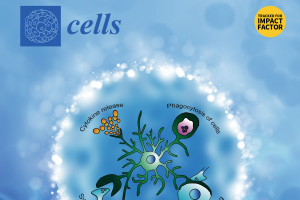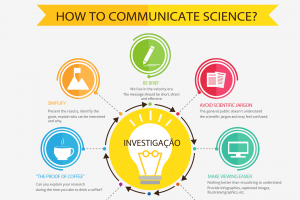WHY ENGAGE IN SCIENCE COMMUNICATIONS?
Today communicating is considered a strategic function by the majority of organizations which interact in our social system. It identifies them, justifies them, allows them to gain consensus and to work to achieve the objectives that all systems have: to survive, to protect themselves, to obtain resources, and to grow.
The vast majority of scientists will agree that, spoken or unspoken, it is absolutely natural to desire the dissemination of research, be it one’s
own or from one’s field of study. It is rewarding to go outside the confines (human too) of one’s specialization and share one’s own passions with
others: managing to do so can be a source of great personal satisfaction. Whatever the reason for deciding to communicate, if you are not able to transmit your own passion it will be very difficult to obtain good results. Konrad Lorenz was so popular because of his extraordinary ability to get his readers involved in the adventure of ethology, and the same is true for all the great scientist- communicators.
In addition to spreading knowledge, telling science stories helps convey the value of a scientific way of thinking and a rational attitude to problems, even to those which have
nothing to do with science.
Historically, one of science’s most important cultural contributions was its example as “good training for democracy”. In fact, it was also through science that the West learned to defend its own reasons with rationality and an assessment of reality, distrust towards established moral and cultural authorities, tolerance for others’ ideas and the belief that everyone can contribute to the progress of knowledge.
Whatever the reason for deciding to communicate, if you are not able to transmit your own passion it will be very difficult to obtain good results.


















